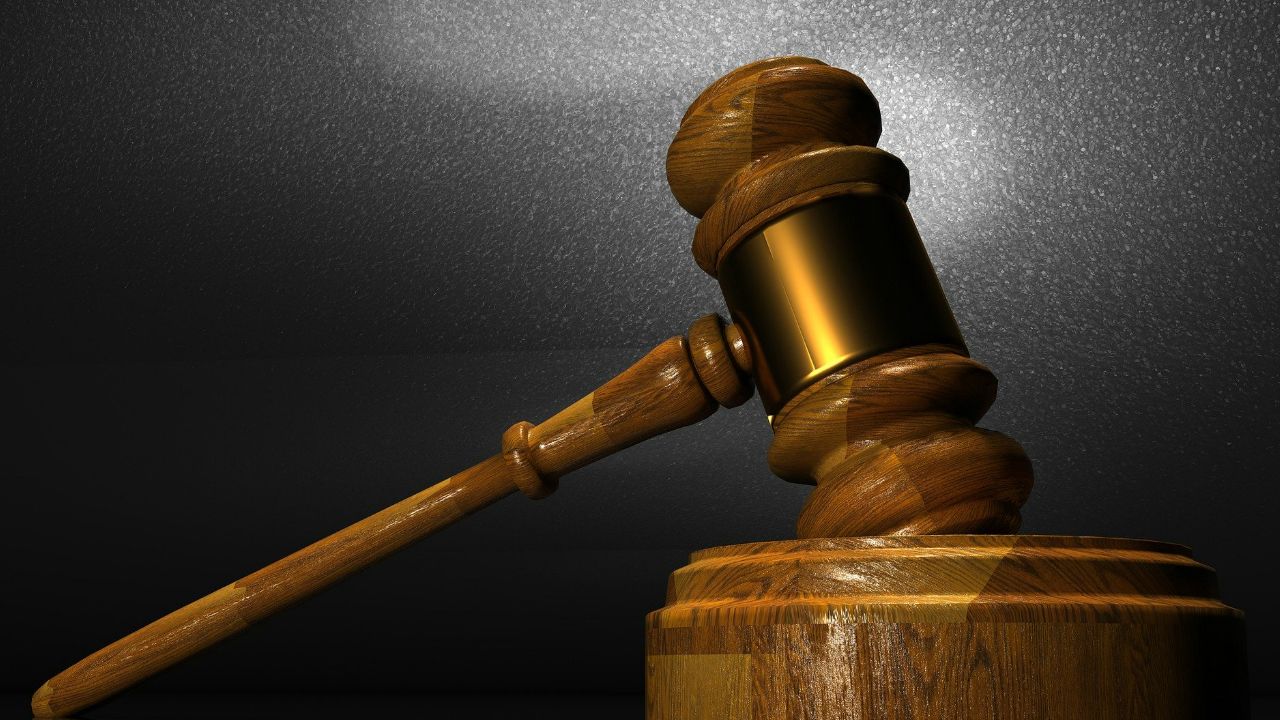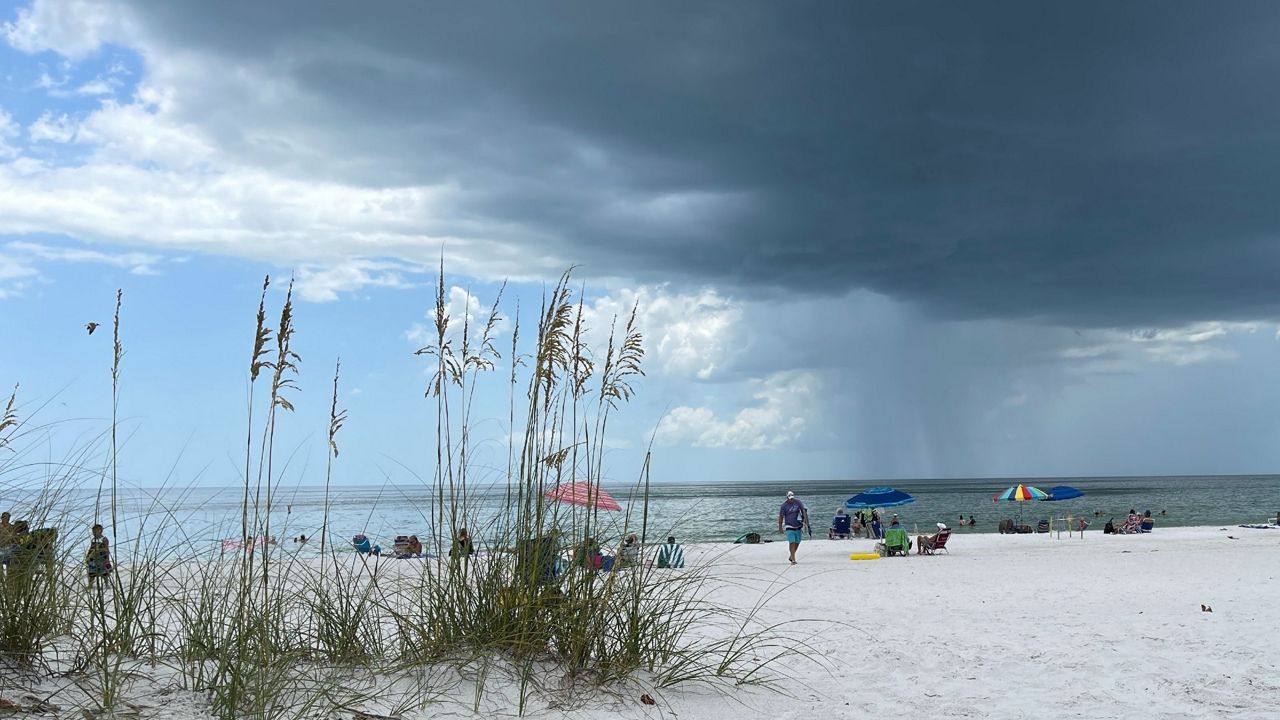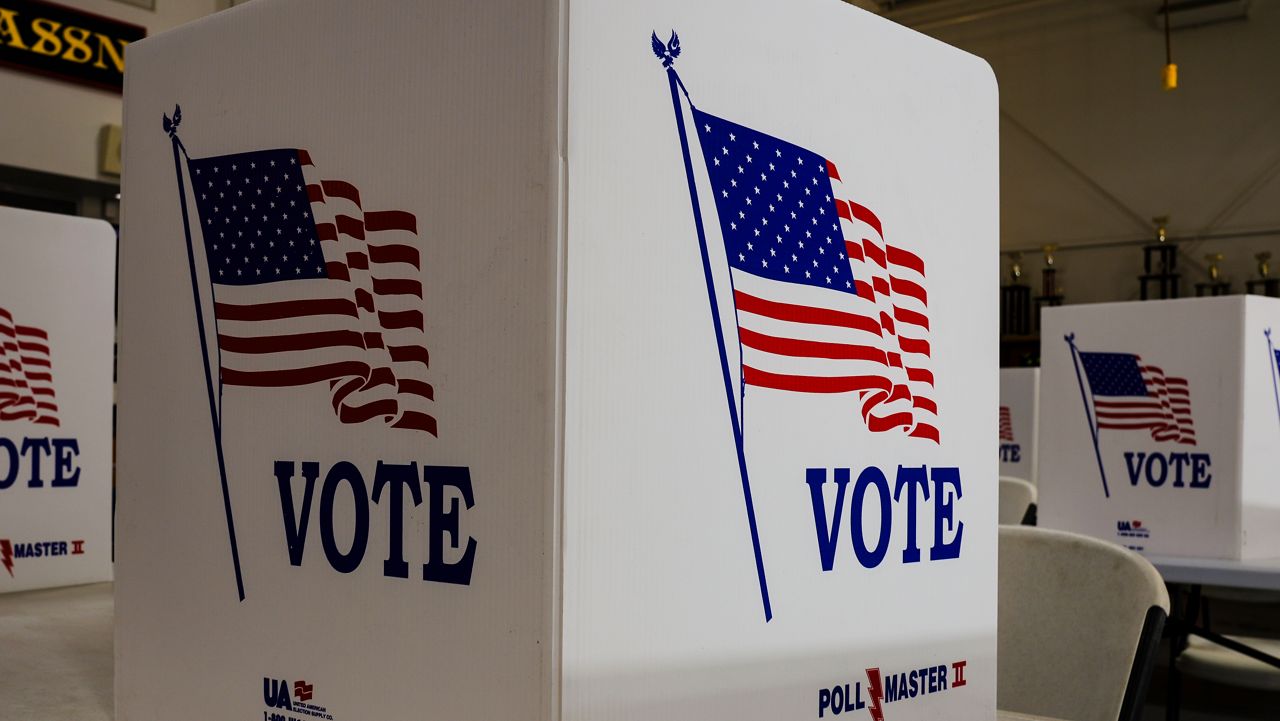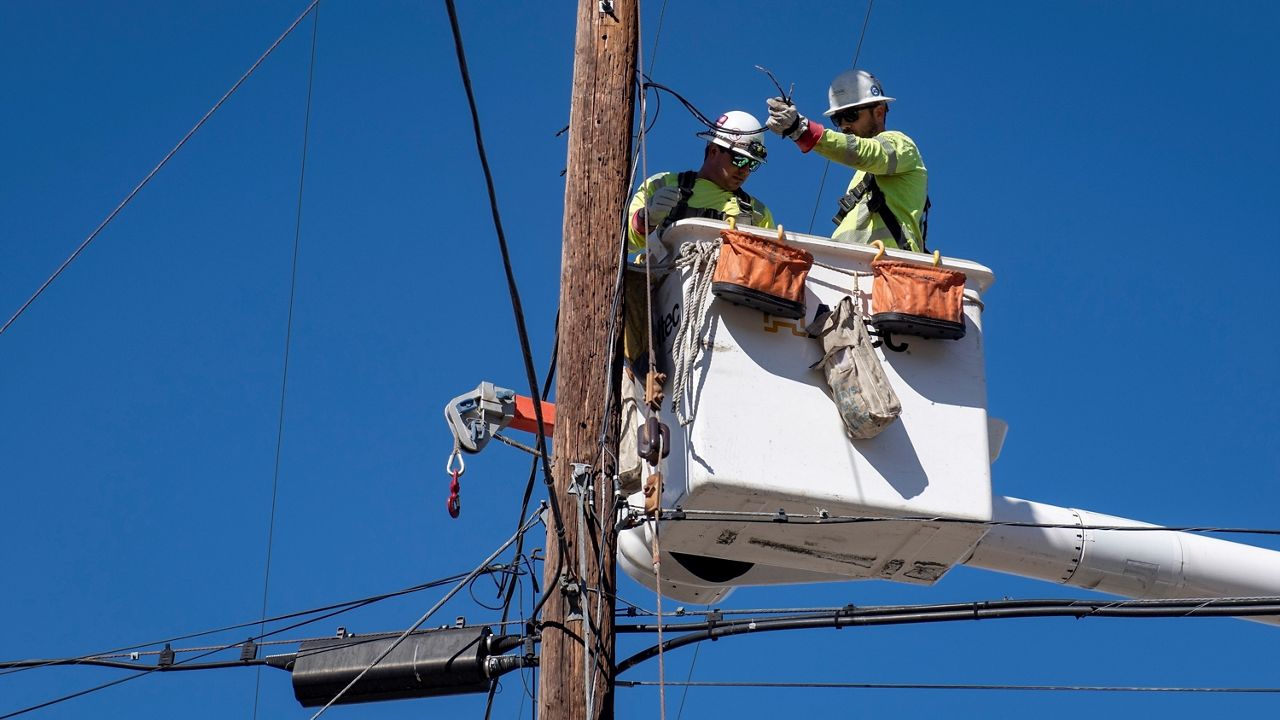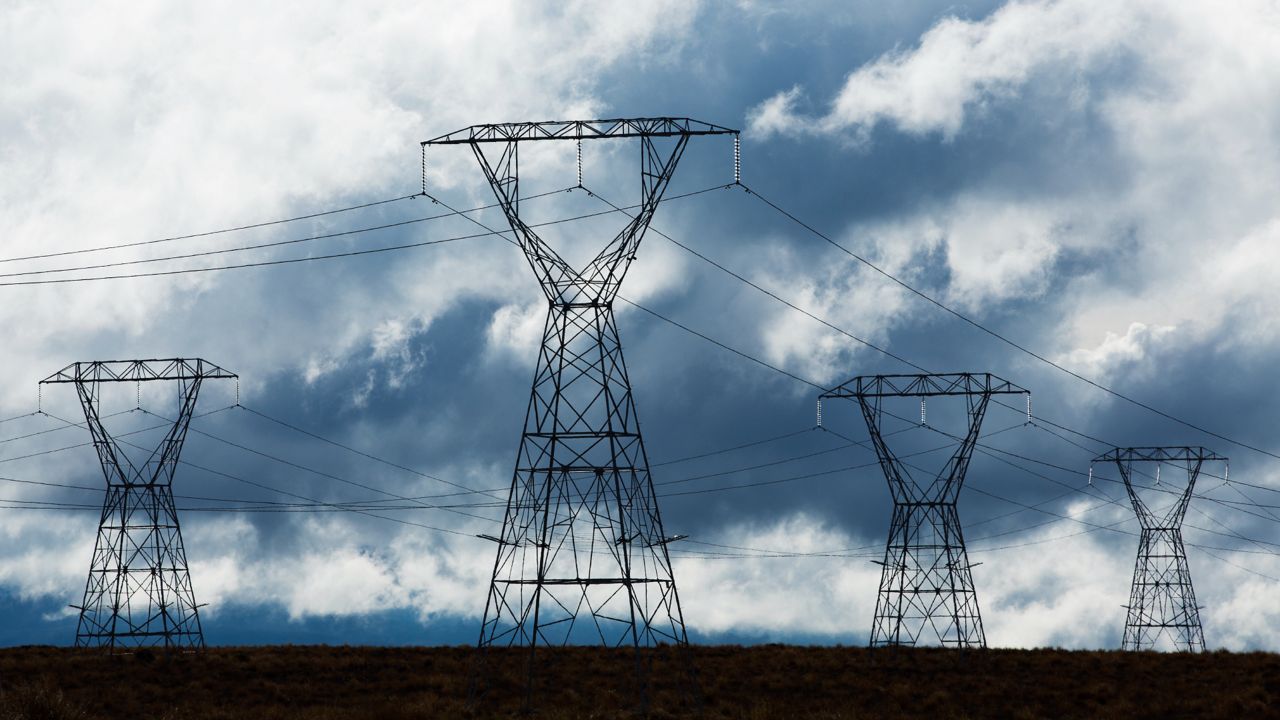A group of Florida Democrats filed a lawsuit earlier this month, claiming that the supervisors of elections who are destroying electronic ballot images from vote scanning machines are in violation of state and federal law.
What You Need To Know
- Suit claims 40 of 67 counties are not retaining their electronic ballots
- There were 3,000 so-called "lost votes" in 2018
- More Politics headlines
- More Election 2020 headlines
Election law requires that supervisors of elections retain paper ballots for at least 22 months after an election, but approximately 40 of the 67 counties are not retaining their electronic ballots, according to the suit, which was filed on July 1 in the Second Judicial Circuit in Leon County.
“It’s the redundancy. Instead of just one set of paper ballots, you have a set of paper ballots and you have the ballot images,” says attorney Chris Sautter, representing the group AUDIT Elections USA, which filed the lawsuit on behalf of a number of Florida Democrats
Digital vote scanners are in use throughout Florida as the mechanism by which voters cast ballots and the ballots are tabulated. These digital vote scanning systems replaced optical scanners over the course of the past decade. They function by capturing an electronic image of each vote on each ballot. As ballots are fed through digital scanners, the scanners automatically create an electronic image of each ballot that is automatically stored as an electronic file.
In the 2018 general election in Florida, there were approximately 3,000 so-called “lost votes.” Sautter claims that those votes would have been counted if the ballot images were preserved, and thus there would have been a more accurate account.
Pinellas County Democrat Dan Helm is one of the plaintiffs in the case. He also says that retaining the electronic ballots creates redundancy in the election system.
“Not only do you have a paper trail, a physical paper trail with paper ballots,” he says. “You also have a digital record, right? So you can see which precinct lost those ballots – you can go into the visual record and say, ‘hey, we have those ballots. We can use them for the recount.”
For the past few years, a handful of counties have used technology called ClearAudit to audit their elections, with Hillsborough County opting to implement that system last year (there are now ten counties that use that system). But some of the early fans of ClearAudit (such as Leon County’s former Supervisor of Elections Ion Sancho and now Mark Earley, his successor) had been pushing for years to be allowed to use the system for recounts.
They finally received their wish recently, as the Legislature approved and Gov. Ron DeSantis signed a bill into law that authorizes the use of digital ballot images in recounts, beginning in 2021. The new law permits the use of digital ballot images to be used in election recounts, but it doesn’t require the preservation of those images.
“Candidates facing recounts in counties that are not preserving ballot images will be denied the right to use those images in recounts in an equal manner to candidates in counties that are preserving ballot images,” reads a section of the lawsuit.
That could be helpful, as every top-tier election in Florida has been narrowly decided over the past decade. Barack Obama defeated Mitt Romney for president in 2012 by less than a percentage point; Donald Trump defeated Hilary Clinton by 1.2 percent in 2016. And in 2018, the races for governor, U.S. Senate and agriculture commissioner were all so initially close on Election Day that all three went into a recount.
Helm is set to challenge recently appointed Pinellas County Supervisor of Elections Julie Marcus in the fall election (Marcus is listed as one of the defendants in the lawsuit). He says Marcus is “shredding” the electronic ballots after they’ve been used in an election.
“That’s a problem. That’s an open and transparency problem” he says. (Marcus told Spectrum Bay News 9 last week that she could not comment on ongoing litigation).
The Washington-based Sautter has worked for Democrats on election recounts since the 1980s, including Al Franken’s 2008 recount election for Senate in Minnesota which took eight months to decide. He also worked for Al Gore in Florida’s 2000 recount.
“One of the problems here is you have a variety of procedures on ballot counting and it should be uniform,” he said last week in a Zoom call. “If there’s any lesson out of Bush v Gore it’s that ballots ought to be counted in the same manner. And that’s not happening right now. So that’s sort of one of the things that lies underneath the lawsuit, is that the state ought to be all on the same system. And that directive should come from the Secretary of State.”
In addition to Marcus, the other defendants in the lawsuit include Secretary of State Laurel Lee, Division of Elections Director Maria Matthews, and the supervisors of elections in Miami-Dade, Lee, Duval, Orange, Palm Beach, and Hillsborough Counties.
Bill Cowles, the Supervisor of Elections in Orange County, told Bay News 9 that he has not been served in the lawsuit as of today.
“I’ve only heard that we are one of the counties named in the lawsuit. It would be premature for me to comment on this file at this time,” he said in an email response.




